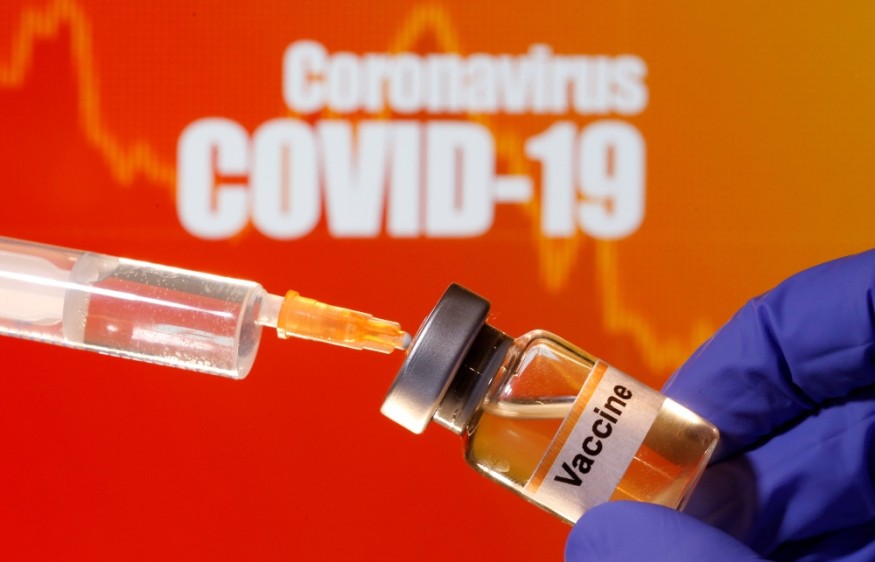US Congress Doubts COVID-19 Vaccine Developers on 'No Profit' Pledge
Some of the pharmaceutical companies, who are developing coronavirus vaccine 2019 (COVID-19) vaccines, pledged not to make a profit. However, U.S. Congress doubts the "no profit" pledge.

Pharmaceutical companies are on the race of developing the COVID-19 vaccine that will end the global pandemic. This will also keep people protected against the infectious-and-deadly-virus. However, the question is how much this vaccine will cost once it is available in the market?
Some pharmaceutical companies pledged not to make a profit in their COVID-19 vaccines. However, this pledge stirs doubts among the members of the US Congress and are skeptical about how long will the "no profit" commitment will last.
Some lawmakers want to make the pharmaceutical companies develop the vaccine to live up in their "no profit" promise or at least guarantee that its price will not be too excessive and is within the budget of ordinary people in the country.
Rep. Brett Guthrie, serves on a House oversight panel that will hear from five vaccine makers next week. He sent an email to the Politico news outlet. He wrote that the federal government is taking a significant financial risk to ensure that a vaccine is ready to be free for Americans once it is proven to be safe and effective.
The federal government has already poured out $4 billion to accelerate vaccine development and make it available by December this year or by January next year. Lawmakers do not also want the vaccine's cost to be an obstacle to people in availing of the vaccine.
Moreover, lawmakers do not know how the vaccine will be priced and how much money the federal government and other countries will spend to purchase either millions or billions of vaccines. This is on top of the money spent on research and production.
Meanwhile, several Democrats have outlined a new framework that ensures profits for COVID-19 are modest, government costs, and are manageable. The outline also aims that Americans won't have to pay out of their pockets for vaccines whether or not they have healthcare insurance.
Senate HELP ranking member Patty Murray, Senate Minority Leader Chuck Schumer, and other Senate Democrats wrote in a white paper. They said if the federal government does not directly purchase enough vaccines for the country's total population, Congress must ensure that everyone will have access to the vaccine free of charge once it is available.
Republican Senate HELP Chairman Lamar Alexander called members of the Democrats and Republicans to accelerate the development and distribution of vaccines. However, his statement did not directly address the nonprofit claim.
Many questions are surrounding the "no profit" claim of pharmaceutical companies who are developing the vaccine. Pfizer, one of the firms not financed by the federal government, has already said that they expect to make money on their vaccines.
The country will know how much the vaccine would cost and who would pay it once it becomes available. Today, there could still be many questions about the vaccines' safety, effectiveness, and, most of all, its cost.
Check these out!
Subscribe to Latin Post!
Sign up for our free newsletter for the Latest coverage!
















